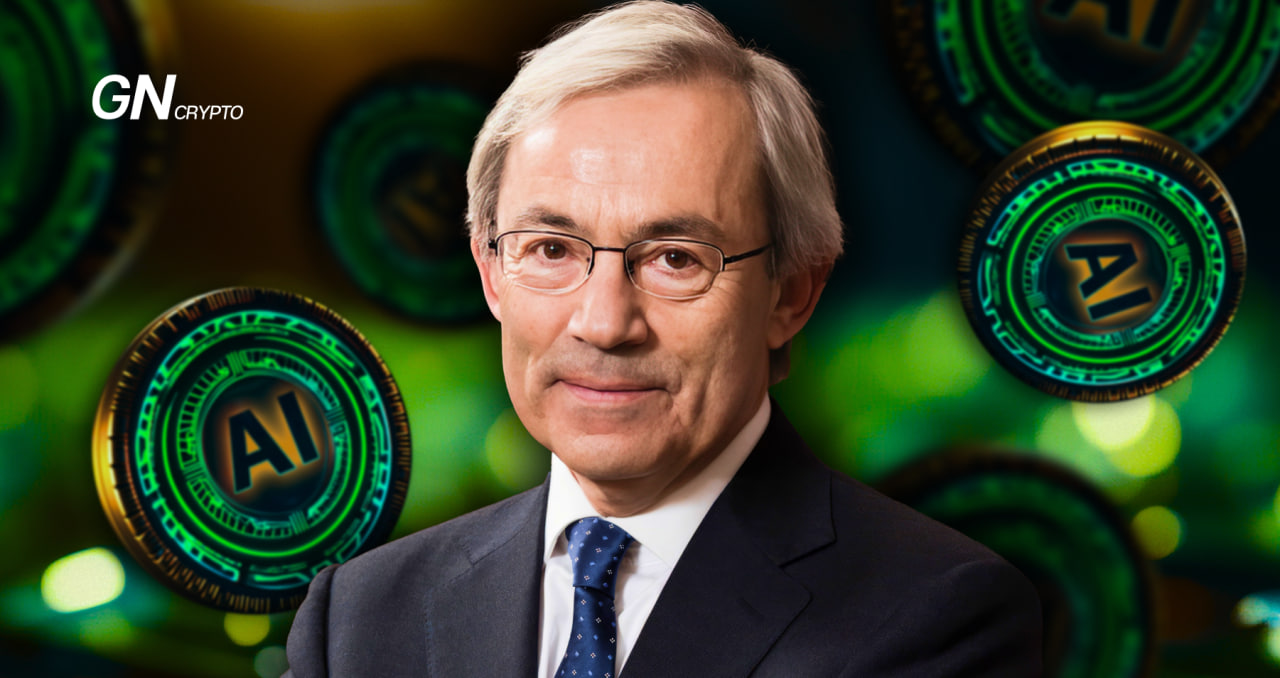IT Skills Demand Contains Seeds of Self-Destruction, Expert Warns

Future job markets are likely to favor professions centered on human interaction. Meanwhile, STEM fields (Science, Technology, Engineering, and Math) are set to become the realm of artificial intelligence.
On this page
Nobel Laureate in Economics, Christopher Pissarides, cautions the younger generation that betting solely on AI is not a foolproof strategy.
Workers in certain IT jobs risk sowing their “own seeds of self-destruction” by advancing AI that will eventually take the same jobs in the future,
the expert observes.
He isn't suggesting the outright extinction of these professions, but rather a gradual displacement of human operatives. Pissarides elaborates that tech companies are zealously scouting for talent in the sciences to contribute to AI algorithm training. In effect, the brightest minds are teaching AI systems like Skynet to code, which likely means AI will rapidly progress in STEM applications. Additionally, due to their inherent ‘nature,' machines find it easier to master exact sciences. Consequently, AI will most likely first replace jobs in technical fields.
Pissarides emphatically recommends that young people consider careers involving human interaction, such as teaching, healthcare, social work, or massage therapy. This shift in focus comes at a time when IT specialists have long been (and still are) regarded as the labor force's elite!
When you say the majority of jobs will be jobs that will involve personal care, communication, good social relationships, people might say ‘Oh, God, is that what we have to look forward to in the future’. We shouldn’t be looking down at these jobs,
the Nobel Prize winner advises.
It’s noteworthy that Christopher Pissarides's expertise lies in analyzing the dynamics between macroeconomics and the job market. His Nobel-awarded work focused on market studies using job search models. His predictions are consistently innovative and their accuracy remains to be seen over time.
For instance, when ChatGPT started its global surge, Pissarides recognized its significant potential to reshape the job market. He predicted that advancements in technology could lead to a shorter, four-day workweek. Interestingly, Bill Gates, a major global investor in AI, shared a similar perspective, albeit later on.
The content on The Coinomist is for informational purposes only and should not be interpreted as financial advice. While we strive to provide accurate and up-to-date information, we do not guarantee the accuracy, completeness, or reliability of any content. Neither we accept liability for any errors or omissions in the information provided or for any financial losses incurred as a result of relying on this information. Actions based on this content are at your own risk. Always do your own research and consult a professional. See our Terms, Privacy Policy, and Disclaimers for more details.

























